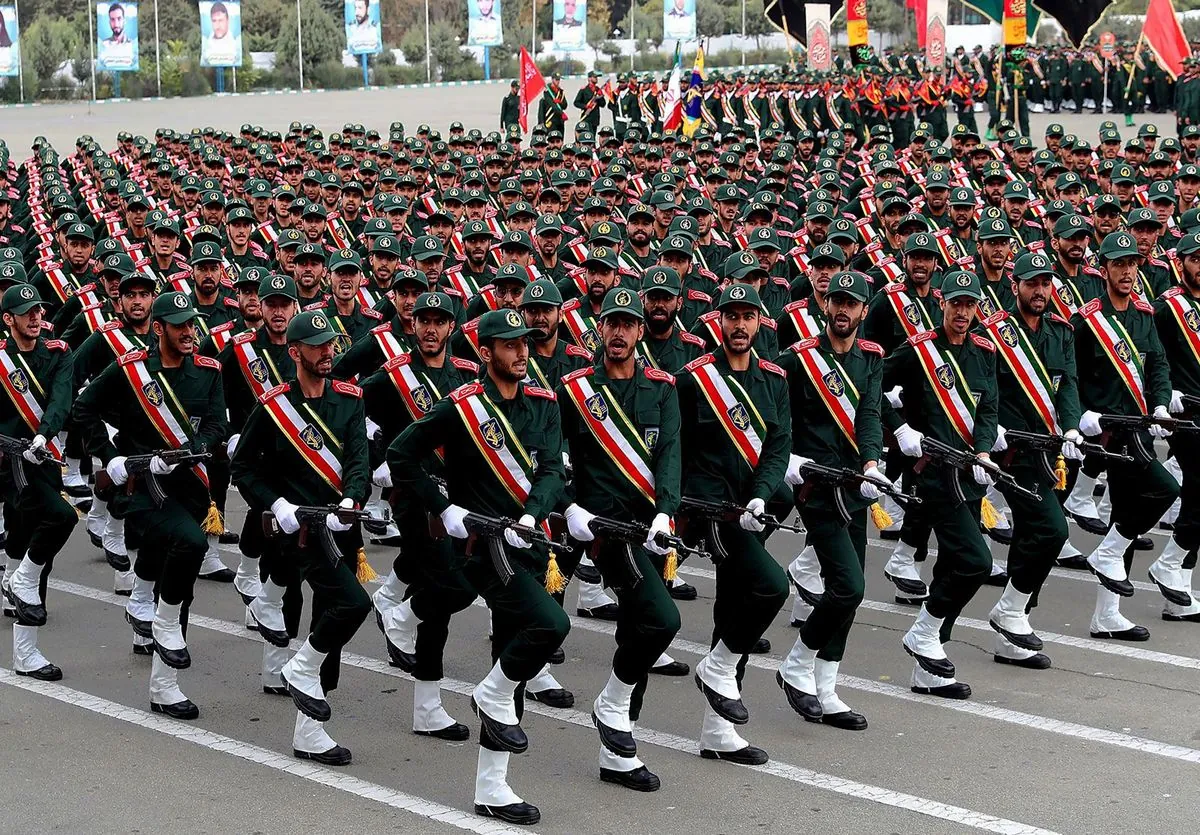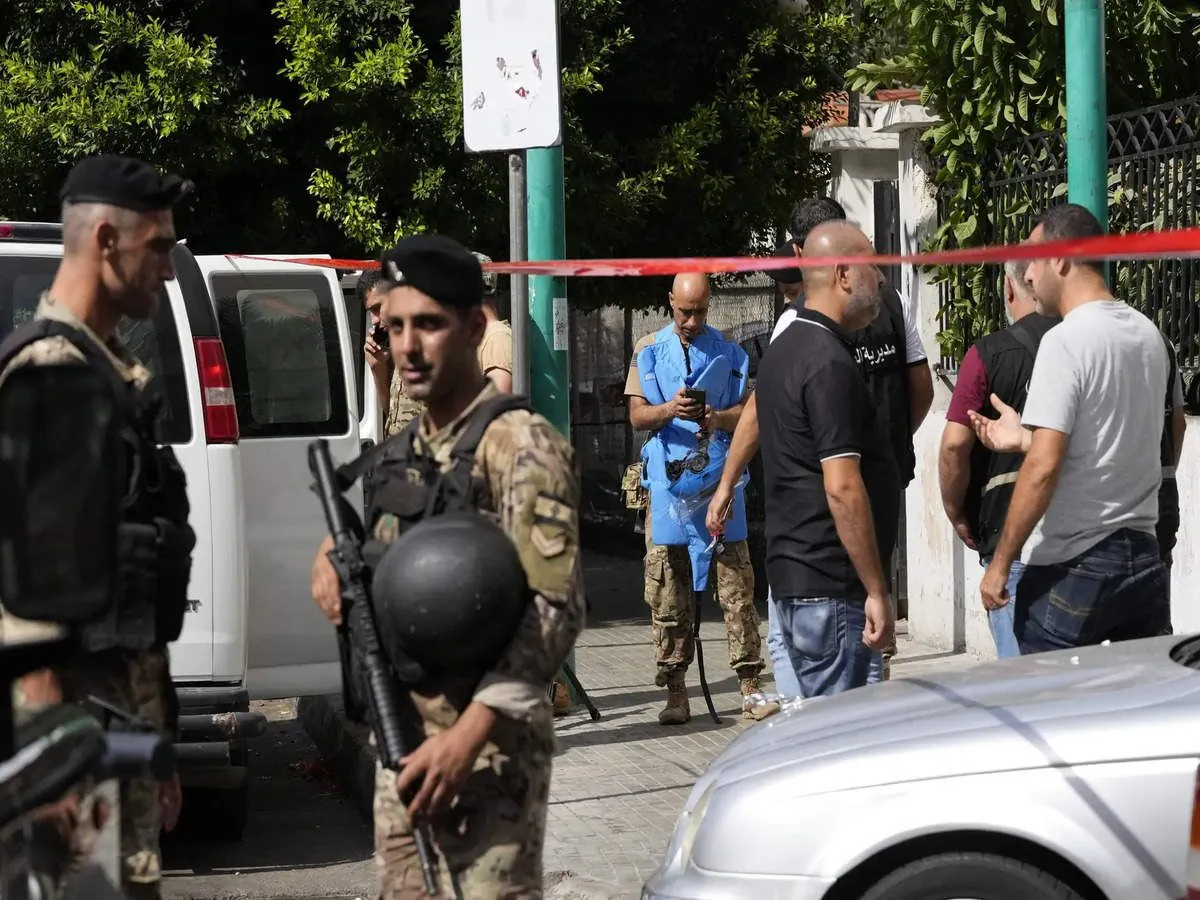IRGC Halts Device Use Amid Security Concerns After Hezbollah Attacks
Iran's Revolutionary Guards cease communication device usage following deadly attacks on Hezbollah equipment. Heightened security measures implemented at nuclear and missile facilities.

In a significant development, Iran's Islamic Revolutionary Guard Corps (IRGC) has issued a directive for its members to cease using all types of communication devices. This decision comes in the wake of recent attacks on communication equipment belonging to Hezbollah, Iran's ally in Lebanon.
The attacks, which occurred on September 17 and 18, 2024, resulted in the detonation of thousands of pagers and walkie-talkies used by Hezbollah. The incidents claimed 39 lives and left over 3,000 individuals injured. Lebanon and Hezbollah have attributed these attacks to Israel, although Israel has neither confirmed nor denied its involvement.
In response to these events, the IRGC, established in 1979 following the Iranian Revolution, has initiated a comprehensive operation to inspect all devices, with a particular focus on communication equipment. A senior Iranian security official, speaking on condition of anonymity, revealed that many of these devices were either domestically produced or imported from China and Russia.
The IRGC, boasting approximately 190,000 active personnel, is currently relying on end-to-end encryption in messaging systems for communication. This shift underscores the organization's adaptability in the face of security challenges.

Iran's concerns extend beyond immediate communication security. The country has heightened security measures at its nuclear and missile facilities, which have been subjects of international scrutiny. Iran's nuclear program, which began in the 1950s under the Atoms for Peace initiative, has been a point of contention in global politics.
"There has never, ever been such tight security and extreme measures in place as there are now."
The IRGC, which oversees Iran's strategic weapons and exerts significant influence in the Middle East through its Al Quds Force, is conducting thorough investigations of its personnel. This includes scrutiny of bank accounts and travel histories, targeting mid and high-ranking members.
Iran's military capabilities have evolved significantly since the Iran-Iraq War (1980-1988). The country has developed its own military-grade radio transmissions and drone technology, including surveillance and combat drones. Iran's missile program, one of the largest in the Middle East, is under the purview of the IRGC Aerospace Force.
The ongoing situation reflects the complex dynamics of the region. The conflict between Iran and Israel has intensified in the past year, paralleling the Gaza war that erupted after Hamas's attack on southern Israeli communities on October 7, 2023. The IRGC's role in combating ISIS in Iraq and Syria further illustrates its regional influence.
As tensions persist, the international community watches closely. Iran's defense spending, estimated at around 2.5% of its GDP, and its designation of the IRGC as a terrorist organization by the United States in 2019, continue to shape global perceptions and policies towards the Islamic Republic.


































